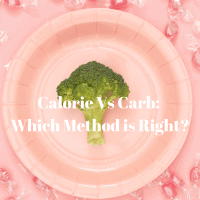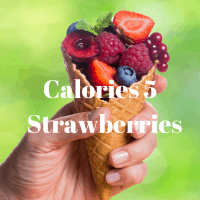Discover Calories In Fruits And Vegetables Per 100g
We’ve all heard the adage that eating fruits and vegetables are good for you. Discover Calories In Fruits And Vegetables Per 100g will provide you with valuable information about this topic.
All fruits and vegetables are chock full of vitamins and minerals your body needs. And they’re really good when you want to lose weight.
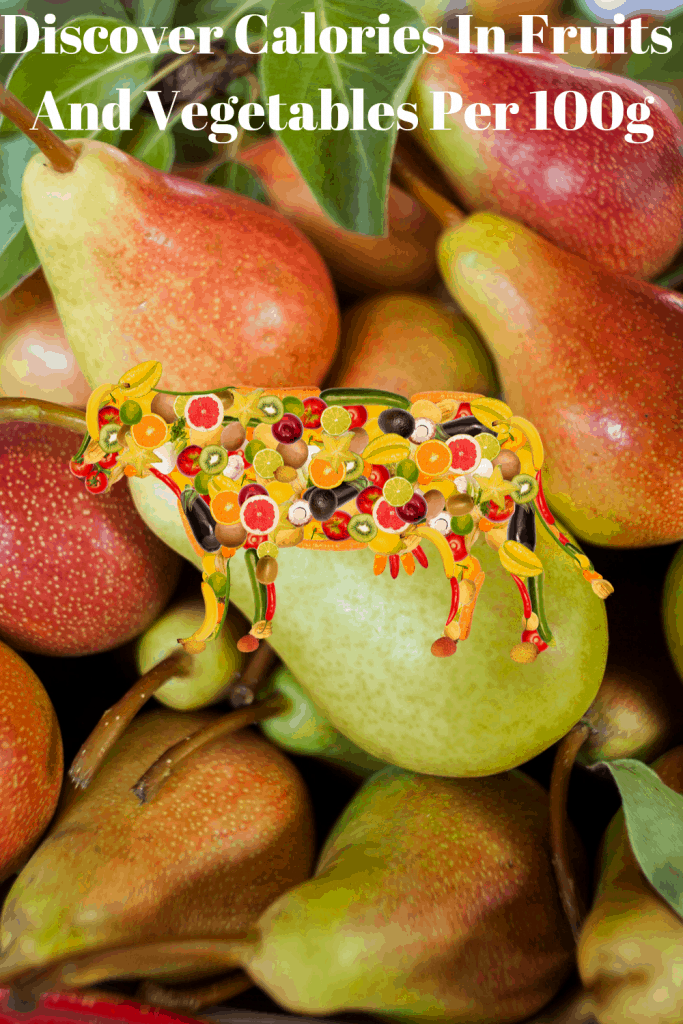
The natural sweetness in fruit helps cut cravings, and vegetarian dishes of your favorite foods can help you cut the fats from processed meat.
But even fruits and veg have a calorie count. Here we provided a handy fruit and vegetable calorie chart.
Note: Calorie counts list fruits and vegetables per 100 grams.
Table of Contents
High-Calorie Fruits
Dates, Raisins, and Other Dried Fruits – 282 calories
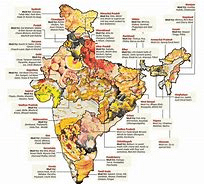
The whole reason fruits and vegetables are so low in calories is because compared to their weight, they contain a lot of water. Once it’s been dried out, like in dates, you’re looking a lot of calories per date.
Coconut Flesh – 354 calories
Coconut milk or cream is a fantastically light version of milk, but the meat is high in fat. It’s still really healthy though and is a great source of potassium and magnesium.
Avocado – 160 calories
Avocado is delicious and full of the healthy fats that won’t lead to cholesterol buildup. It’s a favorite among vegans because the fat content makes for a great meat substitute.
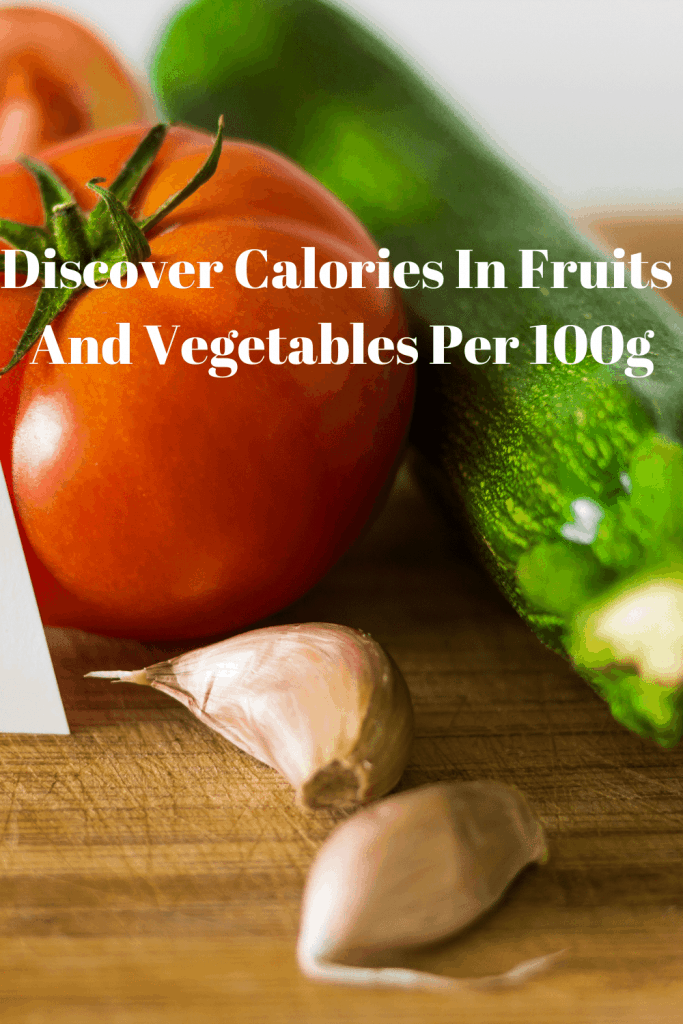
But as healthy as that fat is, it’s still fat, and as a rule, fat holds more calories per ounce than carbs.
Banana – 89 calories
Did someone say potassium? Not only is a banana full of great vitamins, like potassium and B6, it’s also a favorite for many reasons.
It’s cheap and easy to find since it grows year round. It’s sweet and smooth, and easily blendable in smoothies.
Frozen banana makes a great healthy substitute for ice cream. But you should be aware that bananas carry a high calorie count. A single banana has a little more than 100 calories.
Blueberries – 60 calories
As you’re about to see, berries are a pretty low-calorie fruit as a rule. But the blueberry is different. It’s a superfood, with a huge list of health benefits to its name.
The nutrients from blueberries are too many to name, but they help brain and heart development, as well as boosting your immune system and keeping your blood healthy. Just to name a few!
High Calorie Vegetables
Soybeans – 175 calories
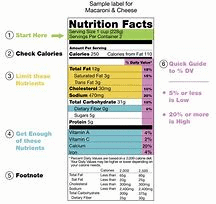
Technically, beans are actually legumes, but nutritionists classify them as protein, which means sometimes, in your food chart, you see them in meat, and sometimes in vegetable, depending on what you’re using them for.
Soybeans make soy, which is a great source of protein that works as an alternative to meats and dairy.
Because of its protein content, it’s also got a high calorie count, though it shifts depending on how you’re cooking.
Corn – 96 calories
You’ve heard it said before that corn is mainly sugar. It’s used in all kind of things we eat that shouldn’t need corn.
But actual corn-based foods do tend to be lower in starch than rice or wheat. Still, it does have a higher calorie count than the healthier green vegetables
Peas – 81 calories
Peas a great vegetable because they’re a good source of Vitamin K and Manganese.
They’re so healthy, they’ve been proven to improve the health in the soil they’re growing!
But considering they are a green vegetable, which traditionally means a lowered calorie count, peas are higher in calories.
You can lower your calorie count by boiling them, but you’d also boil away a lot of nutrients.
Sweet Potatoes – 86 calories
Sweet potatoes, some varieties are called yams, are an autumnal vegetable favorite which helps with vitamin A and beta-carotene (the same stuff in carrots that are good for your eyes).
They’re so versatile, they can even be used in desserts! So it shouldn’t surprise anyone they have a higher calorie count.
Potatoes – 77 calories
Potatoes are another supposed danger food for those looking to avoid calories. But most of that comes down to how they’re cooked.
Many recipes that use potatoes advise you to take the skin off, which is easily the most nutrient-rich part of the potato. We also tend to slather it in oil, butter, and other fats, which has a big impact on your calorie count.
Just factoring in the potato as is, is about 77 calories. High, but not worthy of the waistline-destroying reputation!
As you’re seeing, plenty of healthy foods have high calorie counts. This article isn’t meant to keep you away from those foods.
Many of these foods have high vitamin and nutrient counts important for your body. But if you’re watching your calorie count, and trying to eat healthier, take a look at the next two sections, for our low-calorie fruit and vegetable chart.
Low Calorie Fruits
Grapefruit – 42 calories
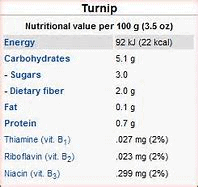
Grapefruit has long been seen as a healthy fruit that promotes weight loss. You may not want to eat it on its own, thanks to the bitter taste, but it’s great infused in water, mixed in a fruit or vegetable salad, or as a substitute for lemonade. And it’s only 97 calories a cup!
Peaches – 39 calories
Peaches are sweet and great in low-calorie desserts and smoothies. They’ve also got a lot of vitamins, including A, C, K, and potassium. They also boost your immune system.
Cantaloupe – 34 calories
Cantaloupe, like all orange fruits and veg, are high in Vitamin A, making them great for your immune system, eyes, skin, and hair. Melons are great in smoothies and fruit salads.
Strawberries – 33 calories
Strawberries are everyone’s favorite in the summertime! In desserts, in smoothies, or just indulging on your own, strawberries contain vitamin C, a versatile vitamin that helps with all types of your body’s natural systems, including the immune system, iron absorption and keeping your blood healthy.
And as sweet a treat as they are, they’re only 33 calories for a 100 gram serving!
Watermelon – 30 calories
There’s nothing more refreshing than watermelon! That’s because it’s water-based!
Like all red fruits, it’s full of antioxidants that work to strengthen your immune system, but thanks to its high volume of water, it’s only 46 calories in a single cup!
Low Calorie Vegetables
Broccoli – 34 calories

Broccoli, like all dark green vegetables, is full to the brim of Vitamin A, and lots of other great vitamins like folic acid, fiber, and vitamin C.
They’re versatile, and can be eaten on their own, or mixed into favorite recipes. They’re also readily available and cheap. All that, and only 34 calories!
Asparagus – 20 calories
Asparagus is a delicious source of fiber, folate, and a lot of vitamins, including A, C, and K. Like other dark green vegetables, it protects your immune system.
At 20 calories, it’s easily as healthy as broccoli, it’s more popular cousin, but with a much lower calorie count!
Iceberg Lettuce – 14 calories
It may not be the tastiest of all your leafy greens, but there’s a reason so many salads use iceberg lettuce.
Since it’s water-based, it has a much lower calorie count than spinach, romaine or arugula. It’s lower in fiber, but it’s a great source of potassium, vitamin C, folic acid, and even calcium!
White Mushrooms – 13 calories
White mushrooms are great to add to stir-fry, pasta dishes, and as a topping on pizza!
They are a great source of fiber and B vitamins, as well as Vitamin D. And they come with a low calorie count too!
Celery – 8 calories
Celery is a crunchy, fresh vegetable you can use to add some freshness or texture to your soups, stews, and pasta.
It’s also a great snack, on its own, or with peanut butter or cream cheese for added flavor.
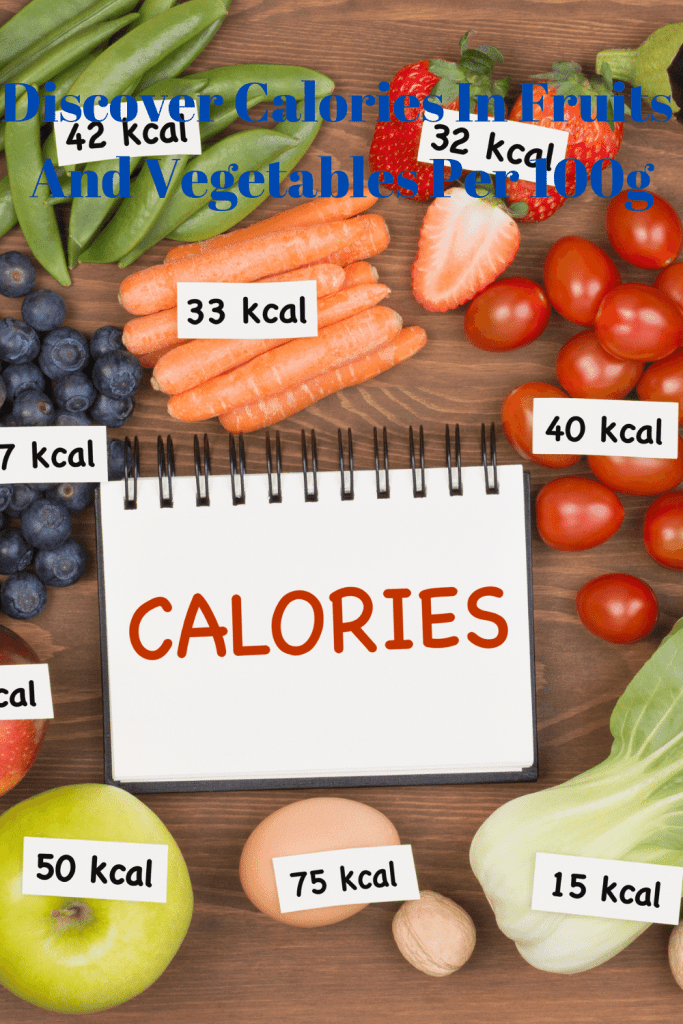
It’s a fantastic source of your dietary fiber and potassium, and it’s by far the lowest calorie count on this list, at just 8 calories per 100 grams!

![Is a Vegan Diet Really Healthy [Read The Answer]](https://thevegdiet.com/wp-content/uploads/2019/01/Is-a-Vegan-Diet-Really-Healthy-Read-The-Answer-200x175.png)
